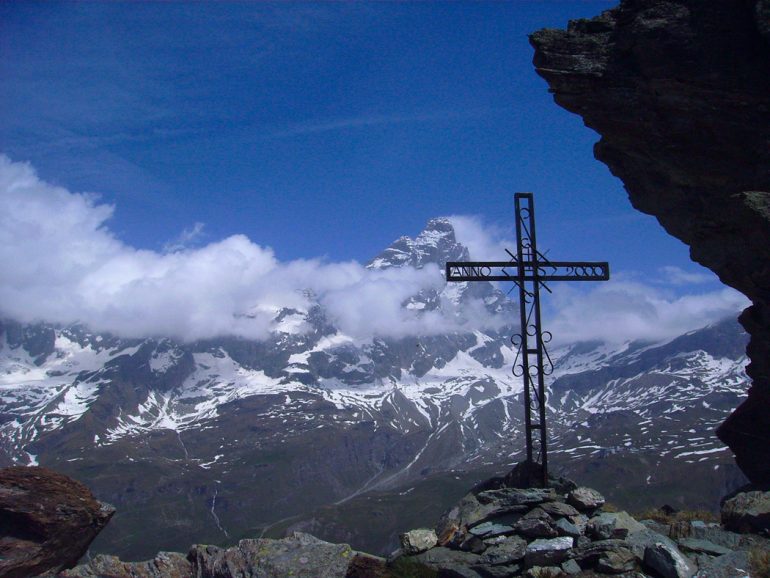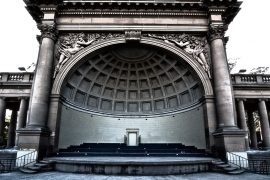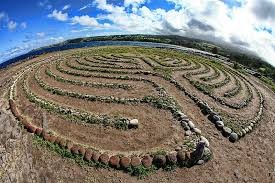For a guy who is in seminary, I must admit that it’s pretty embarrassing how frequently I read something Jesus said and have a reaction like “Woah… this guy might really be on to something, here!”
I’m a bit slow on the uptake. I recently played a dice game and bet that 7’s would turn up. No joke. I just want you to know that this is the kind of guy you’re dealing with.
A prime example of this “holy cow, Jesus was right!” phenomenon can be seen in my understanding of the Christian practice of fasting. Fasting is one of those things that Jesus did which, for a long time, I really didn’t get. Jesus fasts for forty days in the wilderness. He tells people to fast and that they should do it and not make a big show of it. And for most of my life I thought, “Hey, Jesus, that’s swell for You. Maybe cool for those fisherman guys you chum around with, too. But for me, I’m not really feeling it. Different strokes for different folks, you know? I’ll catch you on the next spiritual discipline around.”
It took a 2,000 mile walk for me to realize that maybe Jesus and the boys were onto something with this whole fasting thing.
I used to think Jesus asked us to fast just so that we would suffer a bit and feel bad about ourselves or realize how depraved we are or something like that. I don’t know where I got that idea. It isn’t really in keeping with Jesus’ nature. He doesn’t strike me as a God that is into the guilt trip business. Or maybe I thought fasting was a way that we could sort of thump our chests (privately, else we become hypocrites) and show how tough we are as Christians. Kind of like a holy game of bloody knuckles. Don’t show them that it hurts. That was an equally twisted understanding.
Back to how hiking saved the spiritual discipline of fasting for me.
Long distance pilgrimage is, in its essence, an intensified experience of fasting and feasting. You’ll have to wait for a future column focusing on the feasting part. You can’t always get what you want. You can try, sometimes, but you might just find you have to wait for new articles to be written. I’m a busy man, for crying out loud.
Anyways. Long distance hiking, as a teacher of fasting, shows us that when we fast, it is not simply for the end of suffering. The very nature of wilderness pilgrimage forces us to go without normal conveniences for long periods of time. And when we do this, something profound happens.
When you haven’t showered in twelve days, a shower is no longer just a shower. It borders on divine. The joy it brings cannot be described. When you’ve eaten rice, granola, or other trail food for two weeks, and finally get a good, home-cooked meal, words cannot express the pleasure that good food and drink bring. When you haven’t talked to loved ones for a week, you really pay attention to that phone conversation. No, these wilderness fasts are not about suffering. They are about remembering. Ezra Pound writes,
What thou lovest well remains,/the rest is dross/What thou lov’st well shall not be reft from thee/What thou lov’st well is thy true heritage.
There is a lot of dross in our lives. When we are out for long periods of time in the wild places, what we actually do miss reveals to us what is most important. Most of us will find we do not truly miss television, Facebook, video games, or the mundane desk job. Those are dross.
Rather, we yearn for the people we love. We yearn for good food and drink. We yearn for a dry place to sleep. We yearn for home, falling in love with our own places once more. We might even realize, if we really pay attention, Who we need most. We might realize that we cannot live on bread alone, but by the Word of God. When we pay attention to what we truly desire, we are finally able to see those things for their incomparable value, and love them how we ought.
In the end, fasting makes us ask the hard question: What do I really need?
We might be surprised with the answers we find.





